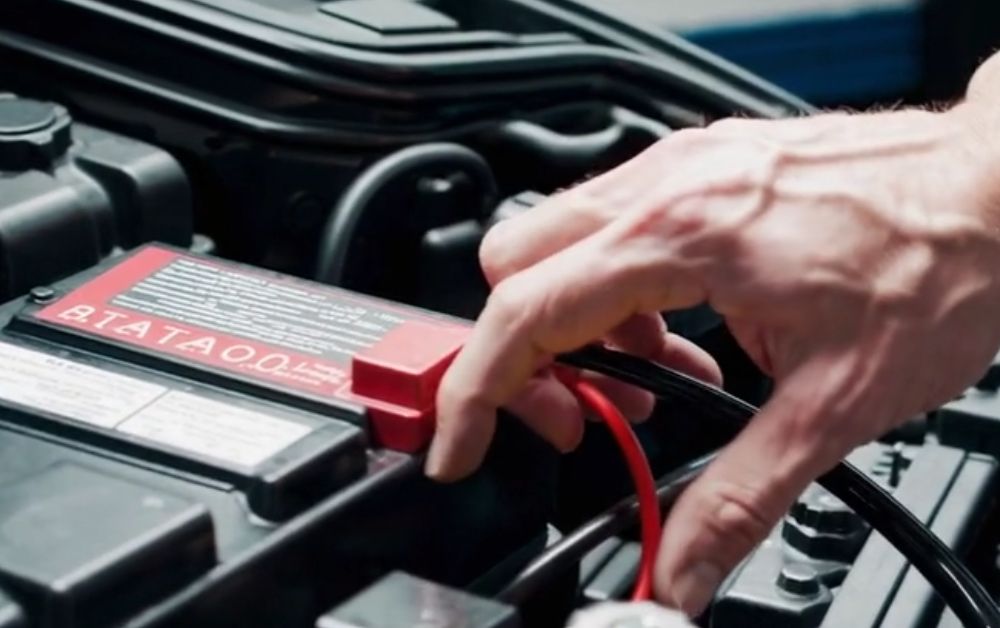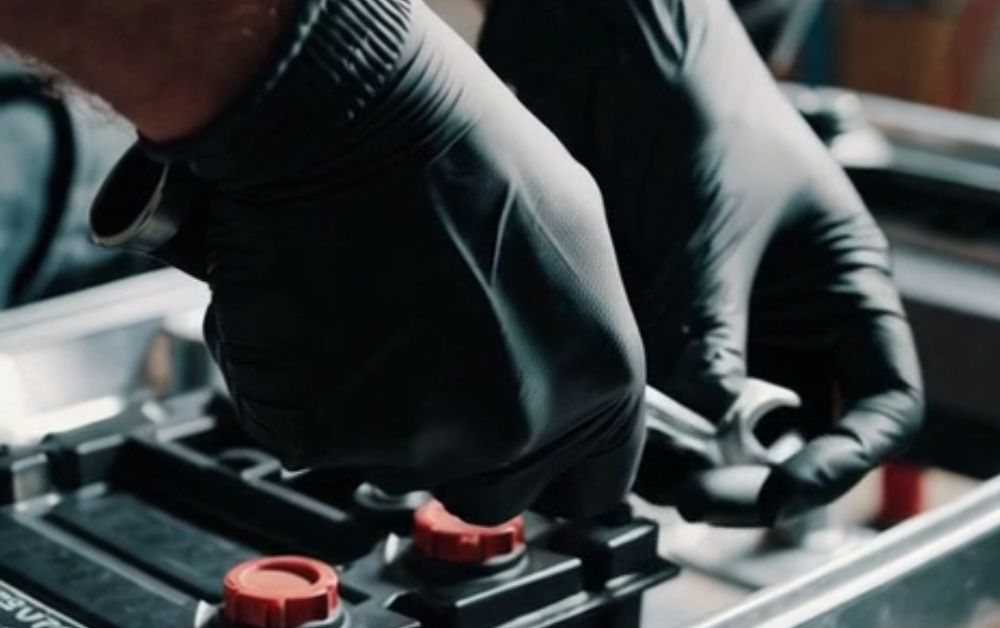Is Your Car Struggling to Start? Here’s When to Replace the Battery
A car that hesitates or refuses to start is more than just an inconvenience—it’s a sign that something under the hood needs attention. In many cases, the culprit is the battery. As the key of your car’s electrical system, the battery offers the necessary power to start the engine and keep essential electronics running. Ignoring early warning signs can leave you stranded at the worst possible time. This guide will help you understand when it’s time for a Car Battery Replacement and how to avoid sudden breakdowns.

Why the Car Battery is Crucial
Your car’s battery has two primary functions: starting the engine and powering electrical components when the engine is off. From the ignition system to the headlights, dashboard displays, and even the AC controls, all rely on the battery. Over time, heat, vibration, and repeated charging cycles wear the battery down, reducing its ability to hold a charge.
Signs Your Battery May Need Replacing
1. Slow Engine Crank
If your engine turns over sluggishly when you turn the key, the battery might be losing capacity. This symptom often worsens in colder weather because batteries perform less efficiently in low temperatures.
2. Dashboard Warning Light
Modern cars have a battery-shaped icon that illuminates when there’s an issue with charging or voltage levels. While it can also signal alternator problems, it’s a strong hint that your battery might be at the end of its life.
3. Dim Headlights or Flickering Interior Lights
A weak battery struggles to provide steady power, causing lights to dim or flicker—especially when other electrical components like the AC or radio are in use.
4. Electrical Failures
If your windows roll down slowly, the radio cuts out unexpectedly, or power locks respond sluggishly, your battery may be the reason.
5. Corrosion on Battery Terminals
White or bluish powder on battery terminals is a sign of corrosion, which can reduce connectivity and charging efficiency. While cleaning may temporarily help, excessive corrosion often signals a failing battery.
6. Swollen Battery Case
Extreme heat or overcharging can cause the battery casing to bulge, indicating severe internal damage. This is a safety hazard & requires immediate battery replacement.
Factors That Shorten Battery Life
While most car batteries last between three to five years, several factors can shorten that lifespan:
- Extreme Temperatures: Hot climates accelerate evaporation of battery fluid; cold climates make it harder for the battery to deliver enough power.
- Frequent Short Trips: Short drives don’t give the alternator enough time to recharge the battery fully.
- Electrical Overload: Using multiple electronic devices or aftermarket accessories can put extra strain on the battery.
- Poor Maintenance: Dirty terminals, loose connections, and low fluid levels can all reduce performance.
- How to Test Your Battery’s Health
1. Multimeter Test
A fully charged battery should read about 12.6 volts with the engine off & 13.7–14.7 volts with the engine running. Anything significantly lower means it’s time to consider replacement.
2. Load Testing
Mechanics use a load tester to measure how the battery performs under simulated starting conditions. This test gives a more perfect picture of battery health.
3. Visual Inspection
Check for cracks, bulges, leaks, or corrosion—clear signs your battery is in trouble.
When to Replace the Battery
Experts recommend battery replacement every 3–5 years, even if no symptoms are present, to avoid unexpected failure. However, you should replace it sooner if:
- The battery fails load testing.
- It shows visible damage or swelling.
- It repeatedly needs jump-starting.
- Voltage readings are consistently low.
- You’ve had multiple electrical malfunctions.
Tips to Extend Battery Life
- Drive Longer Distances: This allows the alternator to fully recharge the battery.
- Limit Electronics with Engine Off: Avoid running AC, headlights, or the sound system without the engine running.
- Regular Maintenance: Clean terminals and check connections.
- Secure the Battery: Vibration can damage internal components.
- Check Charging System: Ensure your alternator is working correctly, as undercharging or overcharging shortens battery life.
- The Cost of Ignoring Battery Problems
Postponing battery replacement can lead to:
- Being stranded in inconvenient or unsafe locations.
- Damaging the alternator, as it works harder to compensate for a weak battery.
- Increased repair costs from electrical system strain.
Investing in a reliable battery is not just about convenience—it’s about safety and preventing larger, more expensive issues down the line.

In Conclusion
A healthy battery ensures your vehicle starts reliably and all electronics function properly. By recognizing early warning signs and replacing the battery on time, you save yourself from costly breakdowns and unnecessary stress. For reliable car battery replacement and expert automotive care in Abu Dhabi, Arabian Star Tyres offers top-quality batteries, professional installation, and trusted service to keep your vehicle running at its best.







